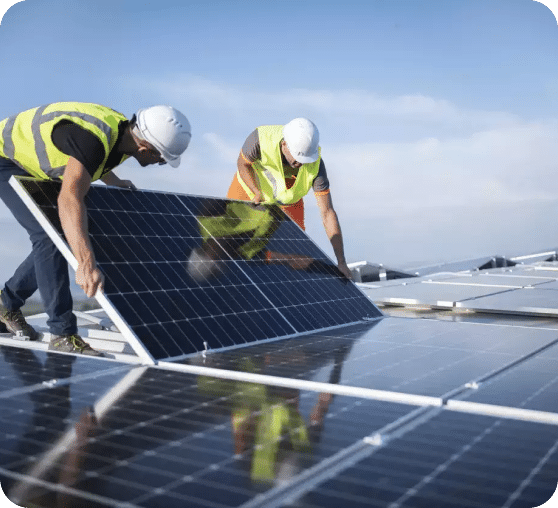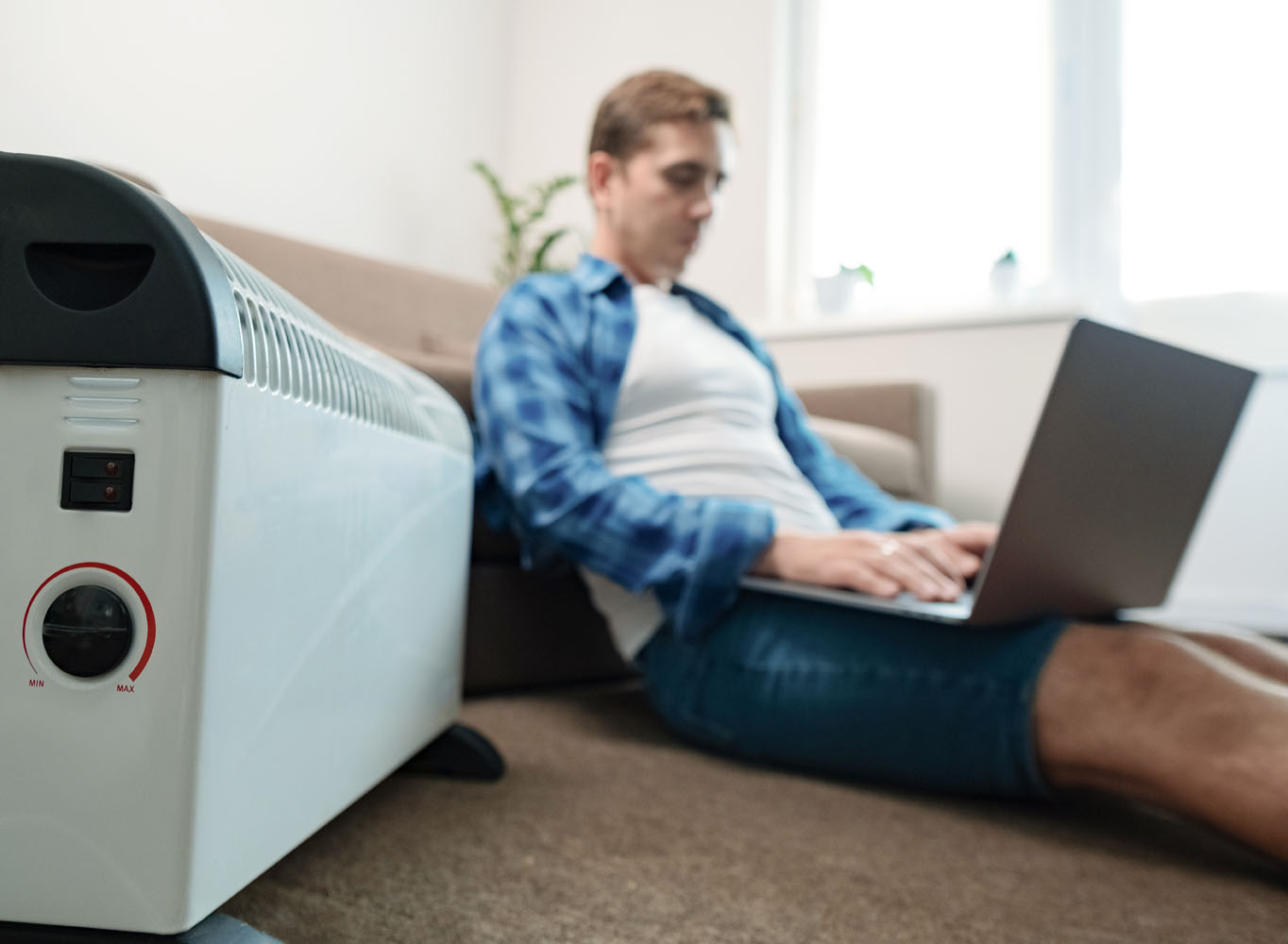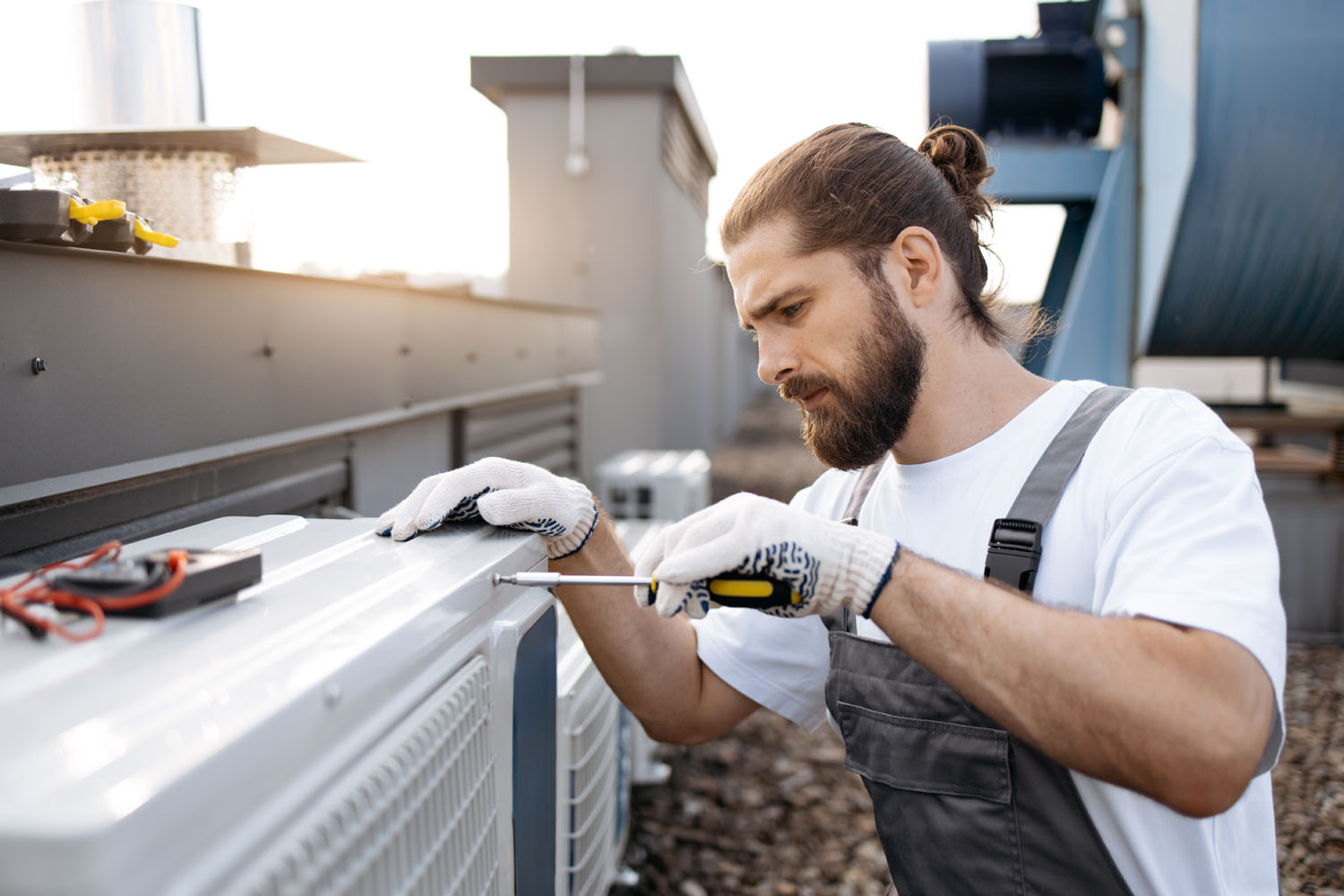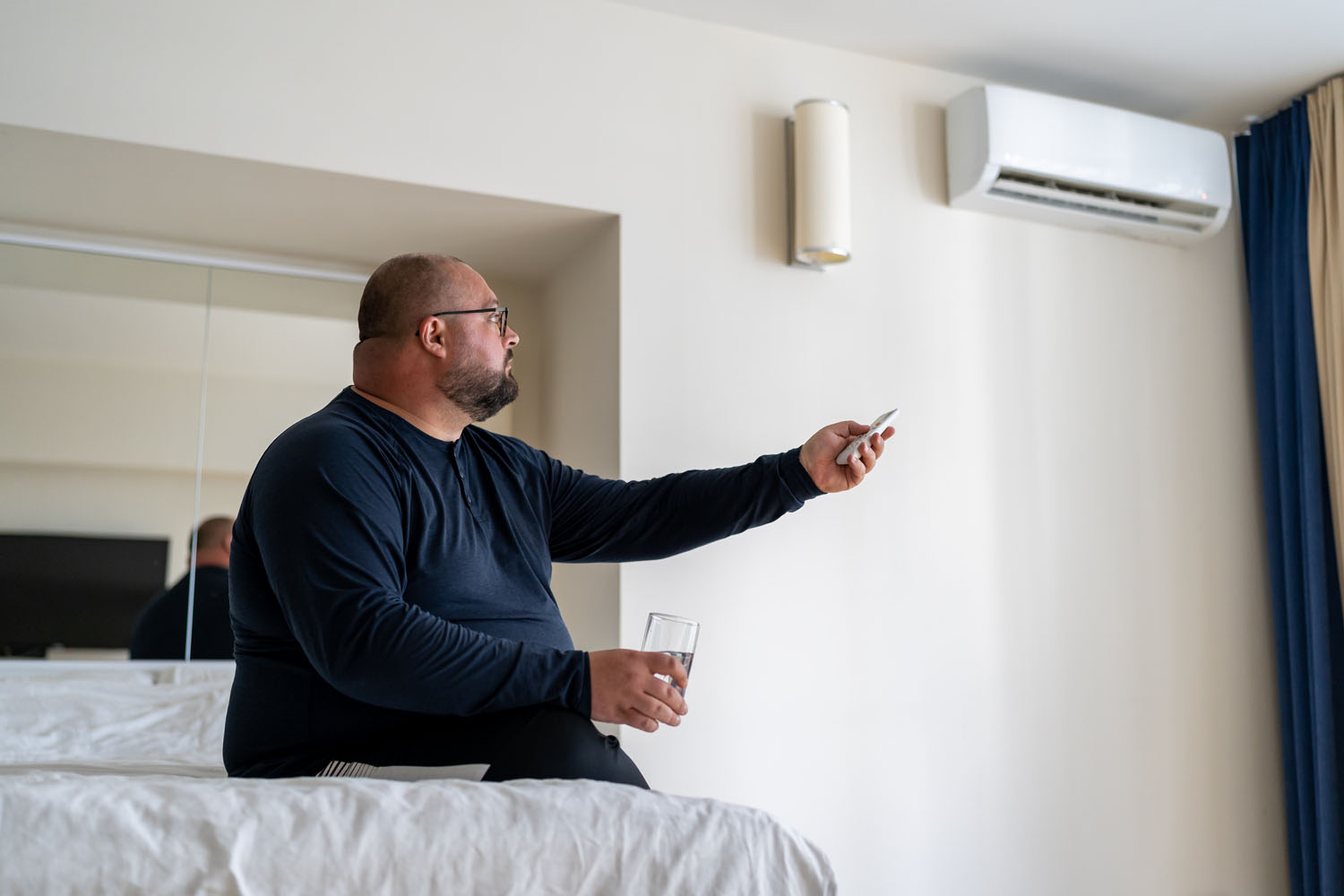Regular maintenance is key to ensuring your air conditioning system operates efficiently and lasts for years to come. Neglecting your air conditioner can lead to higher energy bills, poor cooling performance, and costly repairs. Here’s a comprehensive guide to maintaining your air conditioning unit to keep it running at its best.
1. Clean or Replace Air Filters Regularly
One of the most important maintenance tasks is cleaning or replacing the air filter in your air conditioning system. A dirty filter can restrict airflow, causing the system to work harder and use more energy to cool your home. It can also lead to poor indoor air quality as dust, allergens, and pollutants circulate through your home.
- How often to clean/replace filters: Ideally, check your air filters every month, especially during peak usage periods. Replace disposable filters every 1-3 months, or clean reusable filters according to the manufacturer’s instructions.
2. Keep the Outdoor Unit Clear of Debris
The outdoor unit of your air conditioner (also called the condenser) plays a crucial role in expelling heat from your home. To function effectively, it needs plenty of airflow around it. Over time, leaves, dirt, and other debris can accumulate around the unit, obstructing airflow and reducing efficiency.
- How to clean the outdoor unit: Periodically inspect the outdoor unit and remove any debris from around the unit. You can use a garden hose to gently clean the exterior of the unit, but avoid using high-pressure water, as this can damage the delicate fins.
3. Check Refrigerant Levels
Low refrigerant levels can significantly affect your air conditioner’s performance. If your system is running low on refrigerant, it won’t be able to cool your home effectively, and you may notice that it takes longer to reach the desired temperature or that the air isn’t as cool as it should be.
- How to check: If you suspect low refrigerant levels, it’s best to call a licensed technician. Handling refrigerant requires special training and equipment, and professionals can top up the refrigerant if necessary.
4. Clean the Evaporator and Condenser Coils
Both the evaporator and condenser coils in your air conditioning system play a vital role in transferring heat. However, over time, dirt and grime can accumulate on the coils, reducing their ability to absorb and expel heat. This causes your system to work harder, increasing energy consumption and leading to potential breakdowns.
- How to clean the coils: You can clean the coils yourself using a soft brush or a vacuum with a brush attachment. For more thorough cleaning, schedule an annual professional tune-up to ensure all components are cleaned and working optimally.
5. Check for Ductwork Leaks
For ducted air conditioning systems, it’s important to ensure the ductwork is in good condition. Leaks or gaps in the ductwork can lead to significant energy loss, as cool air escapes into unused spaces instead of reaching your rooms.
- How to check for leaks: Look for visible signs of damage or gaps in your ductwork. You can also hire a professional to perform a more thorough inspection and seal any leaks.
6. Inspect Thermostat Settings
Your thermostat controls the temperature settings of your air conditioner, so it’s important to make sure it’s working correctly. Check your thermostat settings to ensure that the system is programmed to operate efficiently during different times of the day. Upgrading to a programmable or smart thermostat can help you manage your cooling more effectively, reducing energy consumption when you’re not home.
7. Schedule Regular Professional Maintenance
While there are many maintenance tasks you can handle on your own, it’s essential to schedule regular professional maintenance at least once a year. A qualified technician can inspect your system, clean components, check refrigerant levels, and address any potential issues before they become major problems. This can extend the lifespan of your air conditioner and help it run more efficiently.
Conclusion
Proper maintenance is key to keeping your air conditioner running efficiently and prolonging its lifespan. By regularly cleaning filters, checking the outdoor unit, and scheduling annual tune-ups, you’ll ensure that your system delivers optimal cooling performance while keeping your energy bills in check. Taking care of your air conditioning system will not only improve comfort but also save you money in the long run.







